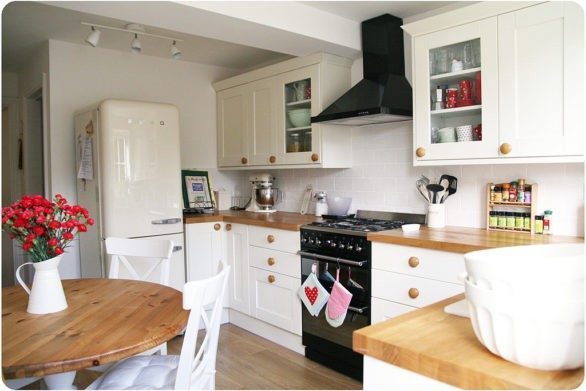
In an effort to regulate the burgeoning home business market in Qatar, the government has announced new licensing procedures for such entrepreneurs.
The process has been scaled down to tailor specifically to small businesses and self-employed residents, the Ministry of Economy and Commerce said in Decision No. 242 of 2016.
It did not specify whether the regulations apply only to Qataris, or expats as well.

Instead, it highlighted startups whose commercial activities are based on personal skills. These cannot involve hazardous materials or equipment that causes inconvenience to others, the MEC said.
Examples include sewing and embroidery, wedding photography, gift packaging, flower arranging, cooking and making beauty products such as perfumes and cosmetics.
The move comes after many entrepreneurs expressed feeling daunted by the bureaucracy involved in starting a business in Qatar.
Requirements
The licenses cost QR1,020 annually.
To apply, people who are running home businesses need to be over 18 years old and live in the residence where the company is registered.
Only one license will be granted per home.
The MEC added that in some cases, clearances from certain entities are needed.

For example, those involved in home catering and cooking must obtain Civil Defense clearance. However, the ministry did not elaborate on how a resident can go about obtaining this.
The MEC has also banned direct selling from the home. Instead, home delivery must be used.
Additionally:
- The name of the company should be listed on a placard outside the home with the license and business number;
- No advertising or promotion of the business is allowed on the outside of the house; and
- Traffic should not be disrupted in the neighborhood by the business.
Reaction
It is unclear how the new requirements will affect home businesses, as many entrepreneurs operate under the radar to cut costs and avoid red tape.
Requiring home delivery may increase costs for many startups, for example.

And one small business owner in Qatar told Doha News that she was hesitant to register her company for fear of higher fees in the future.
“Once you are known to them (the government), then you are kind of stuck,” she said.
However, she added that she likes the idea of making her business more legitimate.
“I wouldn’t have to constantly worry. I can be more aggressive in my marketing. And the cost is there, but it’s not too cost-prohibitive.”
Additionally, many people have previously supported the idea of some government regulation when it comes to home catering and other services for health and safety reasons.
In its statement, the MEC said regulation of home businesses will provide “a motive for expansion and development of their projects and the opening of shops that will contribute to economic development and economic diversity” in Qatar.
Thoughts?






